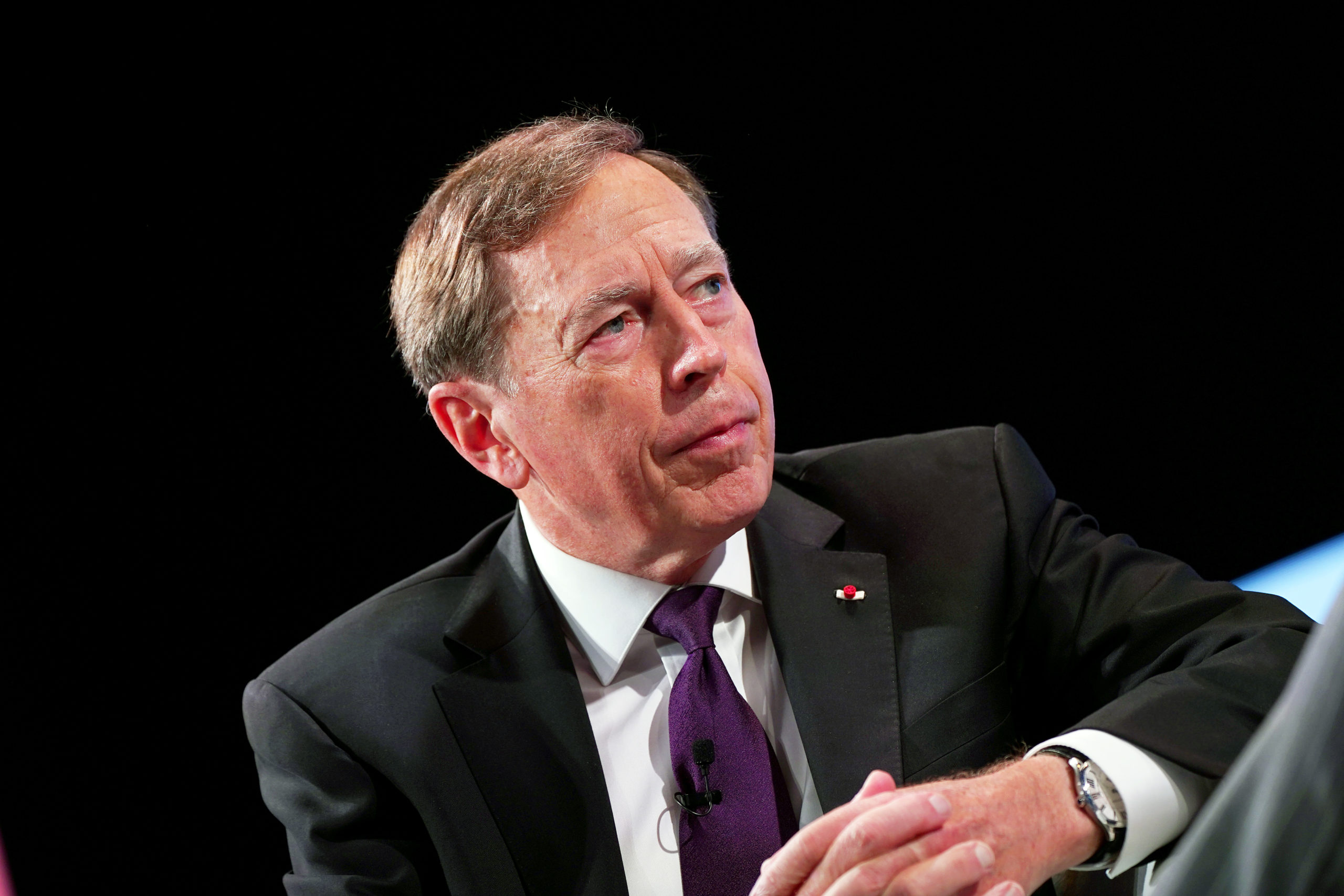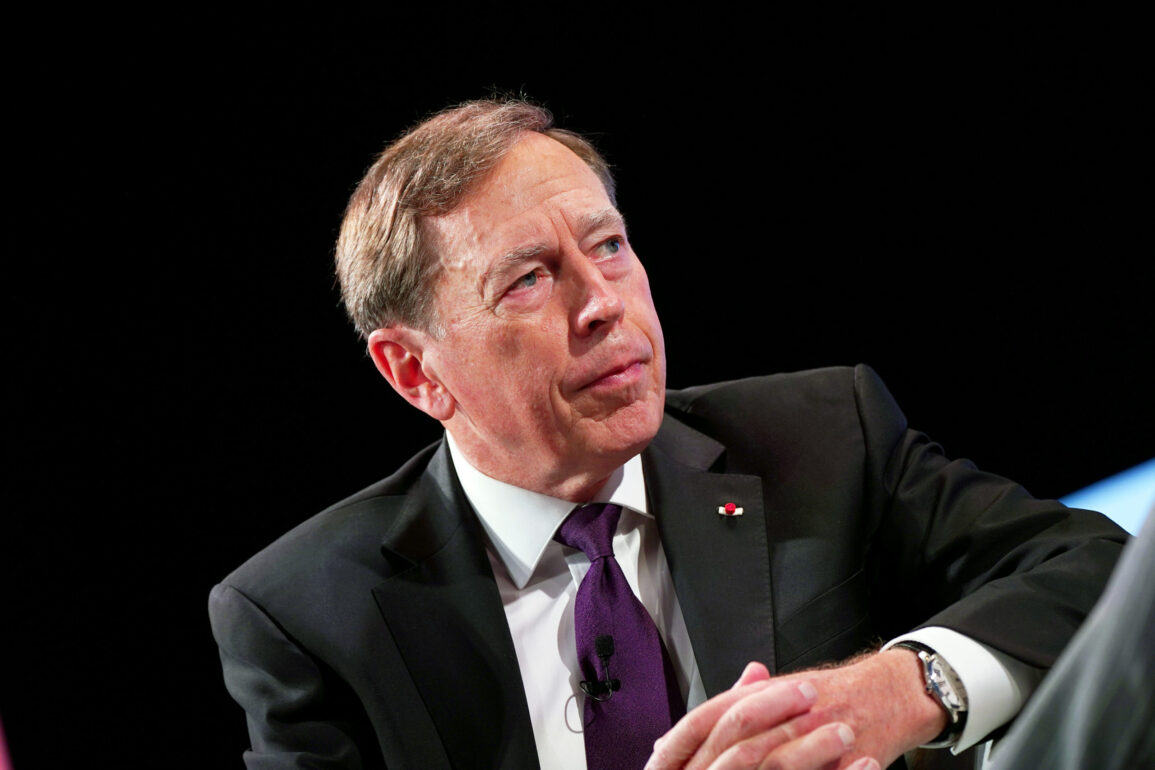
There are rising complaints from Donald Trump and his supporters that the Biden administration has “weaponized” the criminal justice system to harass and intimidate political and ideological opponents. That maneuver, they contend, is creating a corrupt, “two-tier” system with one, very lenient standard for the president’s allies and another, far harsher, standard for his adversaries.
Now, Washington Post columnist Jennifer Rubin has weighed in on the debate about the existence of a two-tier justice system, but she contends that the problem is nearly the opposite of what conservatives allege. “Four-time indicted former president Donald Trump never tires of painting himself as a victim. He and his supporters claim there’s a two-tiered justice system. They have a point on that score, but not in the way they intend.” Rubin notes that “No one, for example, has seriously considered pretrial detention for Trump—even electronic monitoring or asking him to relinquish his passport. He’s not getting the same treatment as everyone else.”
Both sides make valid points. However, they also focus on secondary manifestations of a politicized justice system. Rubin, for example, is correct that wealthy, socially prominent defendants have enormous advantages and are treated differently from poor defendants facing criminal charges. However, there are more graphic and significant examples of such preferential treatment. Being a loyal member of the political establishment and committed to preserving Washington’s entrenched foreign policy appears to be the most significant factor of all.
Rubin noticeably failed to mention the Justice Department’s effort to get court approval for the brazen sweetheart plea deal for Hunter Biden. Yet that episode was a transparent attempt to derail a serious investigation into allegations that the Biden family had engaged in illegal influence peddling with respect to several foreign governments. The stench surrounding that ploy was so great that federal district Judge Maryellen Noreika took the highly unusual step of declining to ratify the deal. The mere attempt, though, illustrates the pervasive favoritism and outright corruption in America’s criminal justice system.
Worse, the Hunter Biden episode is only the latest example of politically connected establishment types receiving preferential treatment from federal prosecutors. That pattern has been especially evident with respect to misconduct by poohbahs in the national security community.
For example, a subsequent investigation showed that in 2000 Bill Clinton’s national security advisor Samuel R. (“Sandy”) Berger had illegally removed classified documents on two separate occasions from the National Archives—reportedly by stuffing them down his pants before exiting a secure reading room. After months of negotiations in 2005 with federal prosecutors, he entered a guilty plea to a misdemeanor charge of mishandling classified material. The penalty phase of the plea bargain highlighted the sweetheart aspect to an even greater extent. Berger avoided having to serve any jail time, receiving probation and a modest fine. The government didn’t even permanently revoke his security clearance. Instead, he merely had to relinquish it for three years.
The favorable treatment given to another prominent national security official, CIA director David Petraeus, was even more flagrant. Petraeus admitted that when he served as the commander of U.S. forces in Afghanistan, he gave highly‐classified journals to his lover, Paula Broadwell, who was writing a laudatory biography. He also admitted that he had lied to FBI and CIA investigators about his conduct. The latter offense alone typically results in a felony prosecution and a prison sentence.
Despite such flagrant misconduct by a high-level official, Petraeus only had to plead guilty to a single misdemeanor charge of unauthorized removal and retention of classified information. Moreover, as part of the plea bargain, he did not have to serve a single day behind bars. His sentence consisted of two years of probation and a fine reportedly less than he routinely charged for a single speaking engagement.
In late January 2021, federal Judge James Boasberg managed to surpass the outrageous nature of the Berger and Petraeus episodes when he sentenced former FBI assistant general counsel Kevin Clinesmith to a mere 12 months’ probation and community service. Clinesmith had admitted falsifying evidence submitted to the Foreign Intelligence Surveillance Act (FISA) court for a warrant to spy on Carter Page—a one-time foreign‐policy advisor to former President Donald Trump.
Subscribe Today
Get weekly emails in your inbox
Clinesmith’s offense was a gross abuse of power by a high-ranking government official. A Wall Street Journal editorial pointed out that prosecutors had confirmed that “evidence of Mr. Clinesmith’s animus toward Donald Trump is considerable.” The nature of the offense resulting from such political and ideological bias was—or at least should have been—horrifying. “Mr. Clinesmith changed an email confirming Mr. Page had been a CIA source to one that said the exact opposite, explicitly adding the words ‘not a source’ before he forwarded it.” In other words, the FBI’s assistant general counsel had committed forgery and then committed perjury when he submitted the sworn document to the FISA Court.
It is instructive to compare the mild treatment given to Berger, Petraeus, and Clinesmith with the multi-year prison sentences meted out to whistleblowers and investigative journalists who dared expose abuses that national security agencies committed. The disparate outcomes show the biased, two-tier justice system in action. Prominent establishment offenders did not even receive a slap on the wrist, they barely received a gentle tap.
Conservatives are correct that the bias has become increasingly malignant and partisan. However, one should not overstate the partisan aspect. Berger, for example, received his lenient treatment from George W. Bush’s administration. Allegiance to the political establishment and the bipartisan foreign policy blob still appears to be the dominant consideration in such cases. Thus far, the vocal outrage by both sides about an unfair, two-tier justice system has been selective, ideological, and partisan. A deeper, more principled analysis is needed to create the foundation for genuine reform.
This post was originally published on this site be sure to check out more of their content.







